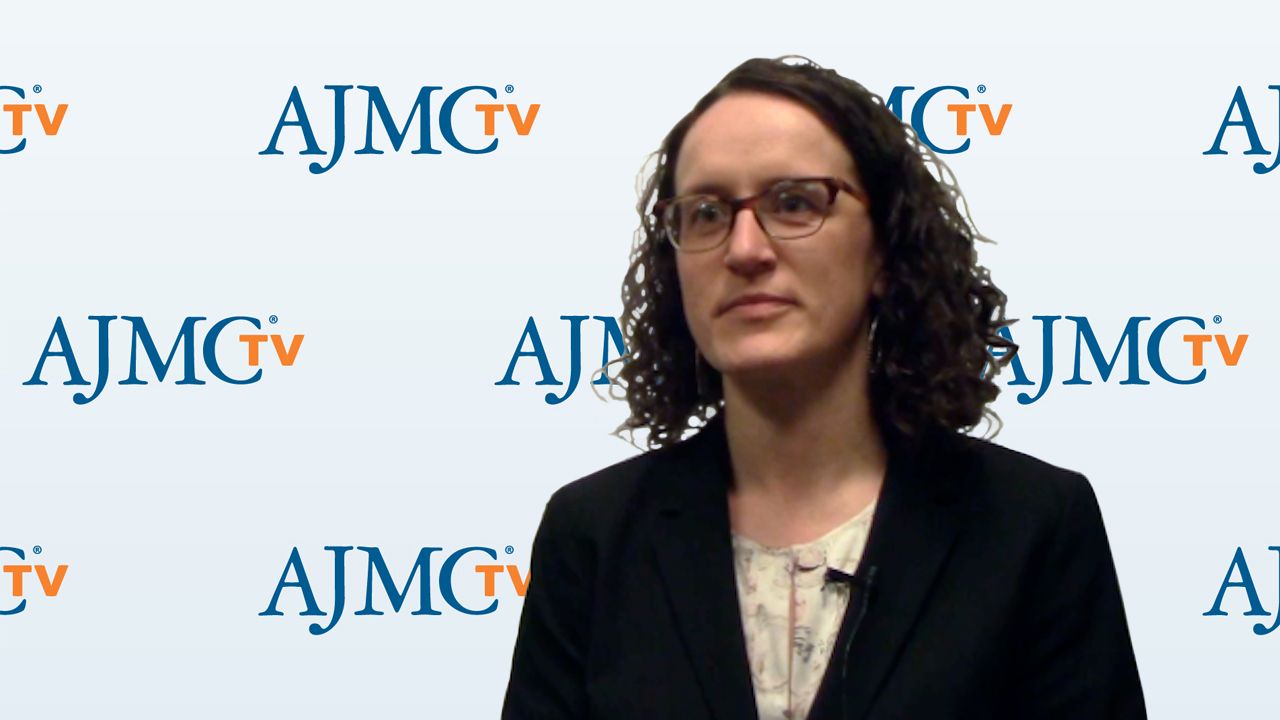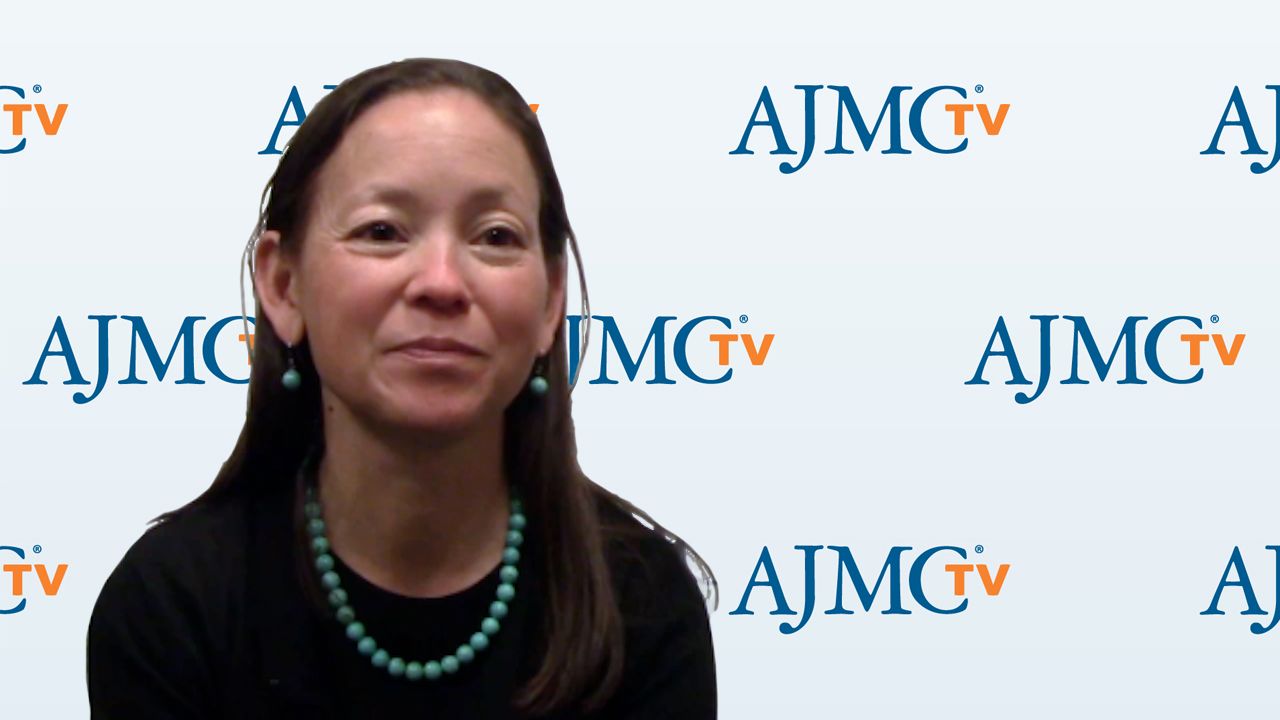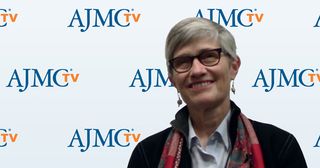
Oncology
Latest News
Latest Videos

More News

Uptake for the human papillomavirus (HPV) vaccination has never reached CDC targets. Minority children from lower-income households are more likely to get the vaccination than white children from higher-income households, according to the study author.

An educational session helps oncologists understand the decision-making process for selecting treatments for recurrent ovarian cancer.

Clinical trials, and offering patients support to take part in them, can extend lives of patients with ovarian cancer, according to a researcher from the Medical College of Georgia. But another analysis finds that gynecologial cancers are low on the government's funding priority list.

At the National Comprehensive Cancer Network (NCCN) 23rd Annual Conference, held March 22-24 in Orlando, Florida, Sharon H. Giordano, MD, MPH, the University of Texas MD Anderson Cancer Center; Anthony D. Elias, MD, University of Colorado Cancer Center; and William J. Gradishar, MD, Robert H. Lurie Comprehensive Cancer Center of Northwestern University, provided an update on the NCCN guidelines for the treatment of breast cancer and discussed new directions in breast cancer therapy.

The second day of the National Comprehensive Cancer Network (NCCN) 23rd Annual Conference in Orlando, Florida, opened with a dual keynote presentation on transforming cancer care in the United States.

Sharing data and a collaborative relationship are 2 best practices from commercial payers participating in the Oncology Care Model, according to Ron Kline, MD, FAAP, of the Center for Medicare and Medicaid Innovation.

Sidedness matters for metastatic disease, and right-sided colon cancer has been known for a shorter time than left-sided colon cancer, making the right-sided version more difficult to treat, explained Alan Venook, MD, of the University of California, San Francisco, Helen Diller Family Comprehensive Cancer Center.

Coverage of our peer-reviewed research and news reporting in the healthcare and mainstream press.

“Even though we have all these fancy, effective drugs,” said Shaji K. Kumar, MD, “supportive care still plays an important role in multiple myeloma.”

Alan Venook, MD, recalled a time when the National Comprehensive Cancer Network guidelines for treating colon cancer were just 4 pages long. “I don’t think we envisioned that these guidelines would take on the life that they have,” he said.
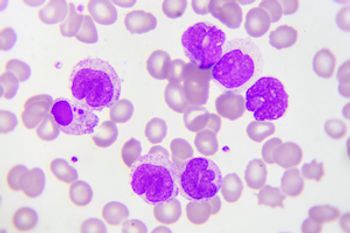
Researchers have identified malignant cells that, if present, can predict whether a patient with acute lymphoblastic leukemia (ALL) will relapse after treatment.

“HIV status alone should not be used for cancer treatment decision making,” said Gita Suneja, MD, Duke Cancer Institute.

Each stakeholder (employers, patients, family members, physicians, payers) values the impact of novel therapies differently, said Thomas Graf, MD, chief medical officer and vice president, Horizon Blue Cross Blue Shield of New Jersey.

At the Association of Community Cancer Centers’ (ACCC) 44th Annual Meeting & Cancer Center Business Summit, March 14-16, 2018, in Washington, DC, panelists discussed the most powerful forces that are reshaping cancer care to be more multidisciplinary.

Thomas LeBlanc, MD, Duke Cancer Institute, addresses the ways palliative care and hospice can improve end-of-life outcomes for patients with blood cancers.

The FDA has approved brentuximab vedotin (Adcentris) in combination with chemotherapy for adults with previously untreated state 3 or 4 classical Hodgkin lymphoma based on results of the ECHELON-1 study.

Every week, The American Journal of Managed Care® recaps the top managed care news of the week, and you can now listen to it on our podcast, Managed Care Cast.

Patients with acute myeloid leukemia (AML) who were treated at a National Cancer Institute-designated cancer center had a 53% lower risk of early mortality, according to a study published in Cancer.

No one wants to think that they can’t afford the treatment, and they certainly don’t want to raise that issue with their physician, said Ian Manners, MBA, co-founder, CEO, Vivor.

CMS has finalized a National Coverage Determination (NCD) that covers diagnostic laboratory tests that use Next Generation Sequencing (NGS) for patients with advanced cancer, according to a press release. The finalization comes a few months after the FDA granted approval to FoundationOne CDx, the first-of-a-kind comprehensive companion diagnostic test for solid tumors.

Finding inefficiencies in operational processes to identify gaps, improve symptom management and adherence, and optimizing value-based care—these are a few of the advantages of implementing technology in the daily operations of a community-based practice. This was the takeaway message from a series of presentations at the Association of Community Cancer Centers' 44th Annual Meeting & Cancer Center Business Summit, March 14-16, 2018, in Washington DC.

Care has become very complex and it isn’t enough to just give patients information and hope they can process it on their own, said Barbara Tofani, RN, MSN, NEA-BC, administrative director of the Hunterdon Regional Cancer Center.

This study demonstrated that a false-positive mammogram was associated with increases in outpatient visits, but not provider referrals, for 1 year post mammogram.

At the Association of Community Cancer Centers' 44th Annual Meeting & Cancer Center Business Summit, held March 14-16, 2018, in Washington, DC, panelists shared strategies that have helped their organizations adapt to value-based care while ensuring that they never lose sight of the patient at the center of it all.
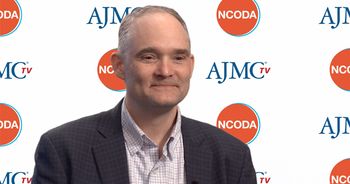
Michael Reff, executive director of National Community Oncology Dispensing Association (NCODA), discusses the role of the medically integrated dispensary in the transition to value-based payment models.


